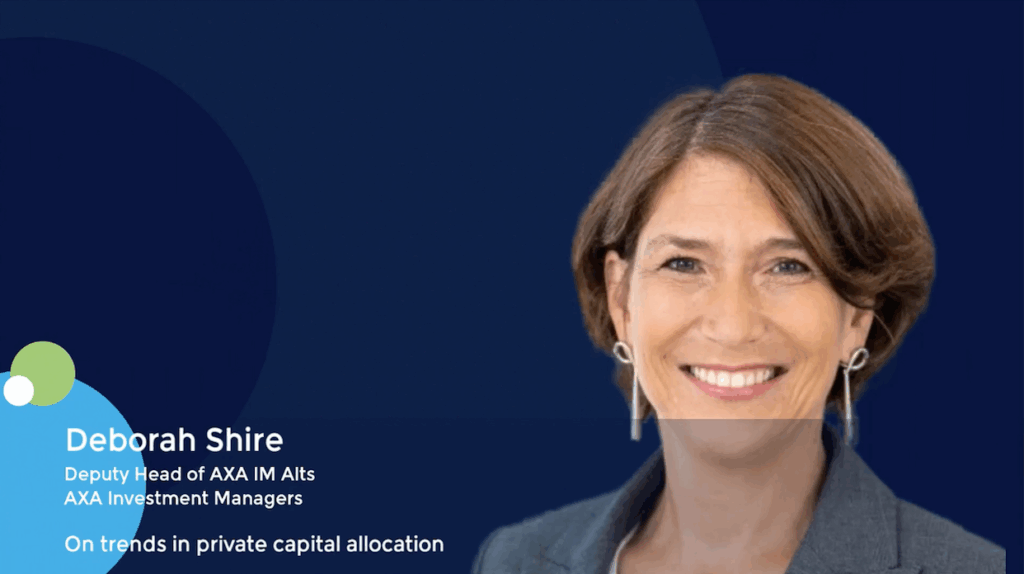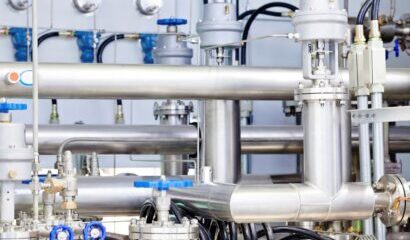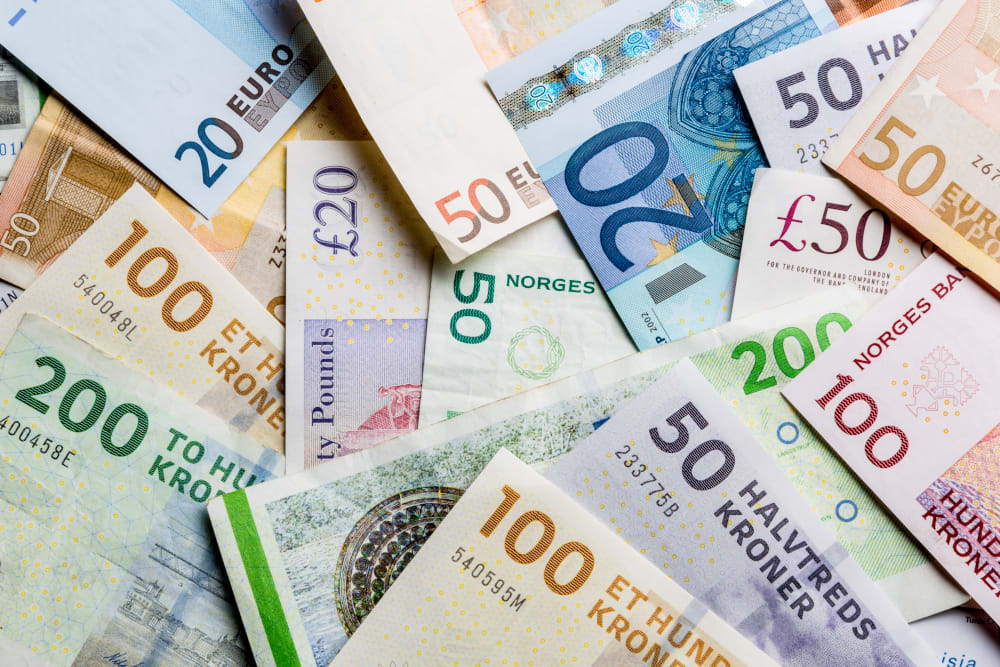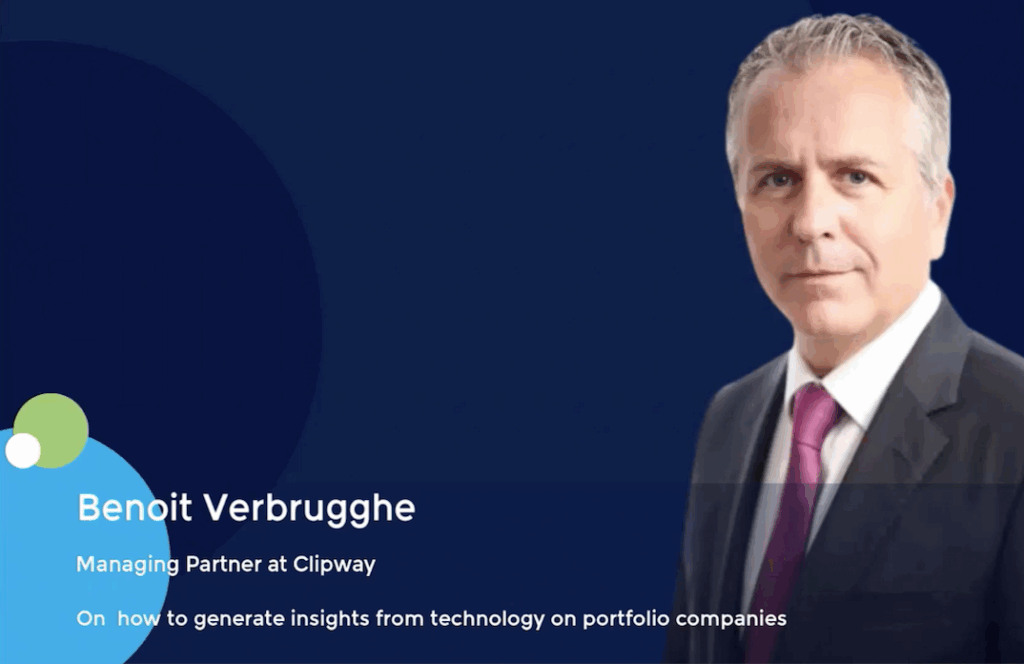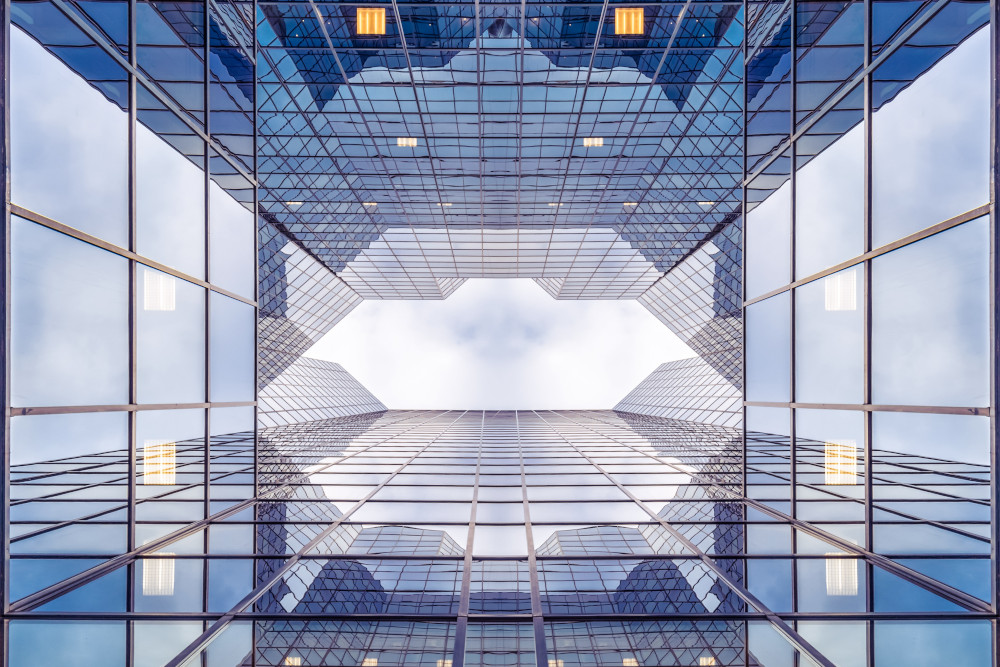A tale of two halves: Australia’s busy M&A pipeline yet to kick on – Dealspeak APAC
Expectations were high at the start of the year for Australia’s M&A market to stage a comeback after a muted 2023, but following lukewarm numbers in 1H24, dealmakers are now betting on the second half, or even next year, to be the real game.
Australia recorded 411 deals in 1H24, its lowest half-year count for almost 20 years, while total deal volume of USD 34.5bn was at its lowest since 2H20, according to Mergermarket data.
However, numbers do not tell the whole story – this year had a strong start, with a series of billion-dollar transactions in the building materials sector and take-private deals. The market then softened in the second quarter, before picking up in recent weeks, say dealmakers polled by this news service.
Market sentiment continues to be driven largely by events in the US, such as interest-rate movements and the upcoming presidential election. While the US M&A market has returned to life, according to Mergermarket’s M&A Highlights 1H24 report, a banker at a major US firm noted that Australia usually lags North America by around six months.
Bankers Down Under are receiving more enquiries and active mandates, but it takes time to prepare and execute. Some use the duck metaphor: ‘calm above the surface and paddling busily underwater’.
Sell-side advisors must also pinpoint the right timing. This news service has reported or heard that several expected assets for sale will be “second-half processes”, including Waste Services Group and Guardian Childcare & Education, both anticipated to be billion-dollar transactions.
The first half also witnessed a failed attempt by mining giant BHP [ASX:BHP] to take over Anglo American [LON:AAL] for USD 43bn. More positively, the AUD 15bn auction of data-center group Airtrunk appears to be moving ahead having ushered bidders including Blackstone into the second round, with final offers expected at end-August.
Sponsors back in the game
Financial sponsor-backed deal activity began to recover after both buyout and exit activity plunged to multi-year lows in 2023.
In 1H24, sponsor buyouts increased in both deal volume and count over 1H23, with volume soaring 87% to USD 6.2bn and count climbing 16% to 29 deals, per Mergermarket data. Even compared with 2H23 which saw 31 deals, the first half of this year still surpassed deal volume by almost 40%.
High-profile sponsor buyouts include KKR’s proposed AUD 2.18bn acquisition of Perpetual’s [ASX:PPT] corporate trust and wealth management businesses, and Madison Dearborn Partners’ takeover of APM Human Services [ASX:APM] for around AUD 1.3bn of equity value.
The exit side appears to be moving more slowly, with both deal volume and count falling from 2H23. However, in comparison with 1H23 numbers, sponsor exit deals in 1H24 still gained in terms of both volume (up 61% to USD 1.3bn) and count (up 71% to 12 deals).
Some dealmakers blame the slumbering IPO market, which has restricted private equity (PE) vendors’ options. Even a stellar float of fast-food chain Guzman Y Gomez (GYG) [ASX:GYG] is unlikely to trigger a turnaround of the IPO market, they say. The more likely route for sponsor exits remains via trade sales, such as Quadrant’s exit of Superior Food Services to Metcash [ASX:MTS] for an enterprise value of up to AUD 412.3m, or a secondary deal with another financial sponsor, as expected for Waste Services Group.
Mining poised to go top
Construction took over from mining to be the most active sector in 1H24, recording volume of USD 5.3bn across 25 deals. This was propelled by a series of billion-dollar deals in the building materials sector in the first quarter, such as Seven Group Holdings’ [ASX:SVW] takeover of Boral’s [ASX:BLD], and Compagnie de Saint-Gobain’s [EPA:SGO] acquisition of CSR [ASX:CSR].
Mining could go back to the top after dominating as Australia’s most active sector since 2H22 – BHP could still enter a second phase further down the track in its tilt for Anglo American. Anglo, in turn, is starting to divest its coking coal assets in Australia, which could be valued at USD 4bn-5bn.









